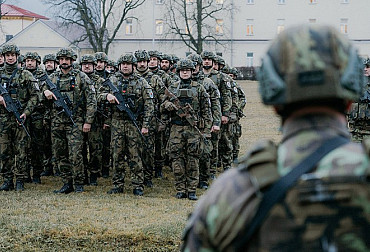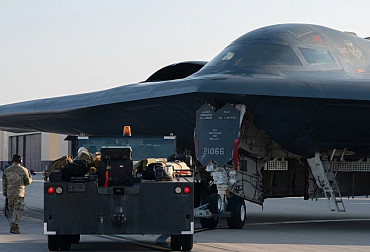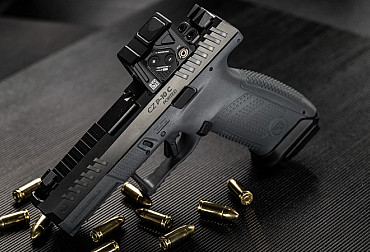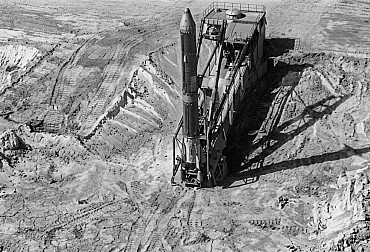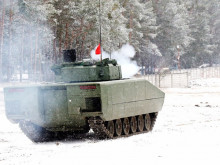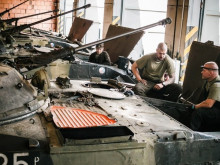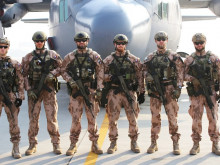SPYDER and CAESAR may be more expensive for legitimate reasons
The Právo daily recently reported on the front page that two projects, the SPYDER Air Defence system and the CAESAR self-propelled howitzer, are to cost half as much as expected. At first glance, the report had the effect of manufacturers from France and Israel dictating exorbitant price conditions to the Ministry and increasing their previous offers. In fact, the situation is much more complicated and at the moment it is not fair to blame neither the ministry nor the suppliers.
The award is a sore spot for most Czech armaments projects, and projects of new guns and Air Defense are not the first and probably not the last cases where prices increase compared to the original assumptions. The word assumption deserves to be emphasized, because the Ministry operates at the estimated price when announcing the project, not the price of binding bids. So manufacturers have not increased their offers in terms of logic - so far there was nothing to increase.
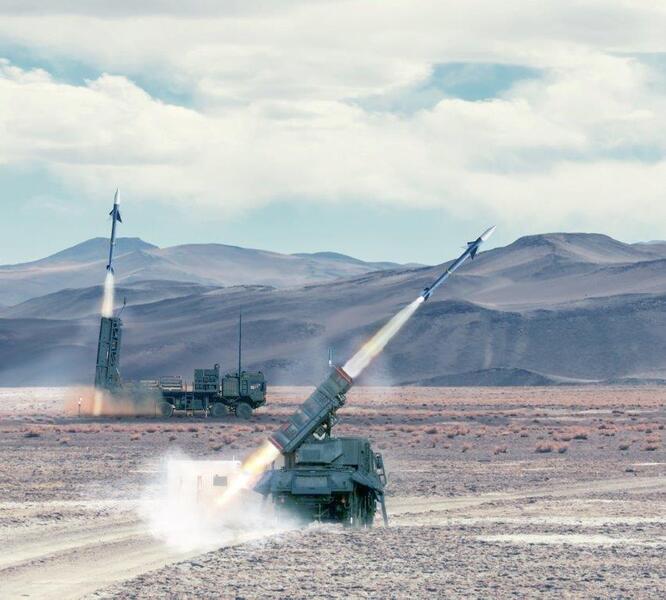 Picture: SPYDER - Short and medium range anti-aircraft missile system (SHORAD) | Ministry of Defense of the Czech Republic
Picture: SPYDER - Short and medium range anti-aircraft missile system (SHORAD) | Ministry of Defense of the Czech Republic
It is important to explain how the expected prices, about which the Ministry of Defense informs the Government before it starts negotiating or organizing a tender with the supplier, arise. It is usually a conceptual or analytical document. In the case of the Air Defense system project, it is a feasibility study from 2016, in the case of a new self-propelled howitzer, a market research from 2019. Neither type of document serves to generate any binding price. Rather, it is a comparison of the price levels of different manufacturers and their ability to deliver the solution required by the Army. In addition, both documents are several years old.
In a situation where real supplies are to take place around 2025, it is logical that the price may rise due to inflation and rising input prices. For example, the price of steel on the European market has risen by 100 percent in the last year, partly due to a reduction in supplies from China and other East Asian countries due to the coronavirus pandemic. It's similar to building a house: It's unrealistic for someone to build a villa in 2025 at the prices of construction work and materials from 2016 or 2019.
Another reason for the rise in price may be the demands of soldiers, which have evolved over the years based on experience from ongoing conflicts. Example: Given that artillery has been deployed in recent years in asymmetric conflicts in Iraq and Afghanistan without clear front lines, there is a legitimate requirement for the operator to drive in an armored cabin and the chassis to have ballistic protection features. This logically increases the price.
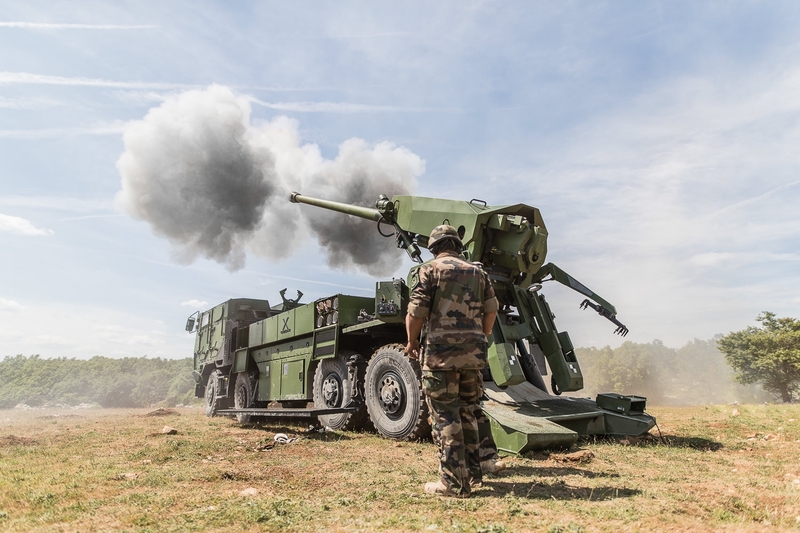
Picture: 155mm SPH CAESAR 8x8 | Nexter Systems / CC BY-NC-ND
The controversial point is that the price may be increased by the demand for wider involvement of Czech industry. The layman grabs his head that a Czech worker is not more expensive than his counterpart in France and Israel. But there is no discussion about that. Guns and Air Defense systems are currently not manufactured in the Czech Republic and the partial transfer of production means that a foreign supplier must transfer know-how or supply production equipment, train Czech companies and certify components manufactured by them so that it can use them not only in the Czech Army project, but also within other export projects.
In the short term, this means an increase in price, but in the long run the investment in the localization of state production will return: Production in the Czech Republic creates jobs, contributions to public budgets, and especially new industrial capabilities that can be used in exports. Moreover, the view here is strategic: Czech Republic gains security of supply and service of the system not only in peace, but also during war or similar crisis.
The Ministry of Defense is currently negotiating with suppliers of CAESAR self-propelled howitzers and the air defense system, and it is possible that some requirements will be reduced on the part of soldiers and that there will be discounts on the part of suppliers. In addition, it should be noted that in the case of CAESAR howitzers, it is a French state-owned enterprise, and in the case of the SPYDER Air Defense system, negotiations are conducted with the State of Israel, as the result is to be a government-government contract. In any case, to publish – without further context – the information that the price of both projects has risen by half is not entirely fair to either the Ministry or its suppliers.
Regarding the above, we asked the Ministry of Defense the following questions:
Is it true that the increase in the original prices for the acquisition of new self-propelled howitzers (CAESAR) and SHORAD anti-aircraft missile systems (SPYDER) was due, among other things, to extra requests from the Army?
Armaments and Acquisitions Section of the Ministry of Defense: In the case of guns, we received a preliminary price offer from the French side, for the SHORAD from the Israeli side we received only preliminary indicative information on the possible price, because negotiations on technical and legal aspects of the contract have not yet been concluded, so the call for tenders has not been sent yet.
Both offers are higher than the amounts we anticipate based on market research. This was despite the fact that there was no significant increase in technical requirements from the Army. In their initial offers, the suppliers also priced some items and services that the Ministry of Defense did not request.
We now assess and compare everything with feasibility studies and market research. Our goal remains that the resulting prices correspond as closely as possible to the expected values of these public contracts. Suppliers have been officially informed of this fact several times and have never questioned this fact.
Will the Ministry of Defense continue to strive for their successful completion despite the increase in the prices of both projects?
Armaments and Acquisitions Section of the Ministry of Defense: Yes, of course, negotiations will continue. We believe in successful completion, because Czech soldiers need new guns and anti-aircraft missile systems to ensure the defense of our country.
Due to the ongoing negotiations, it is now not possible to provide more detailed information in accordance with Section 218 (2) of the Public Procurement Act.











